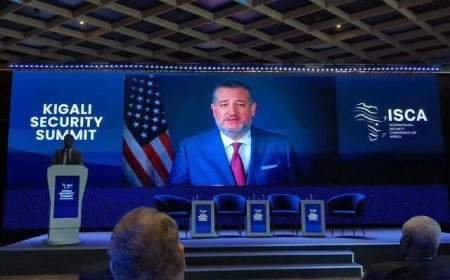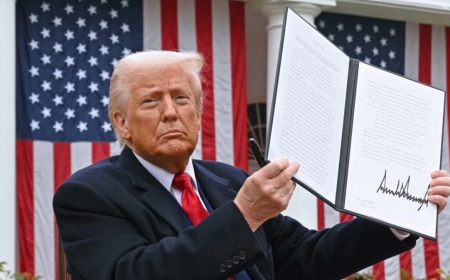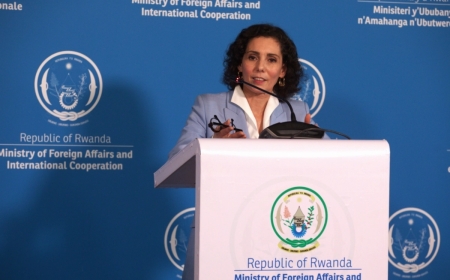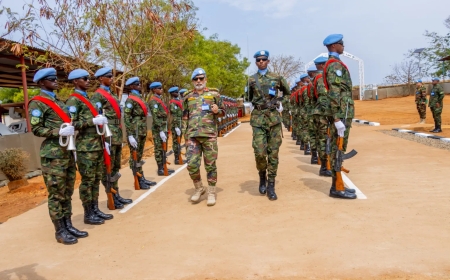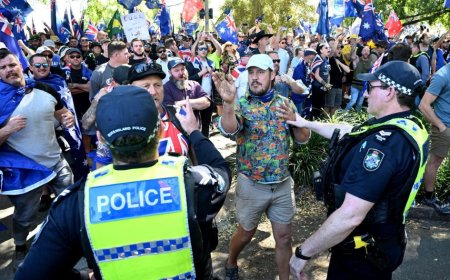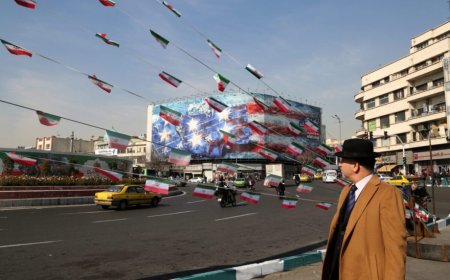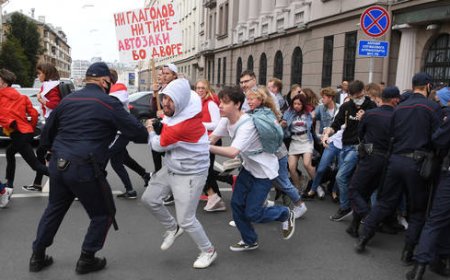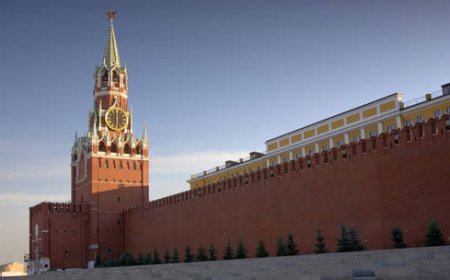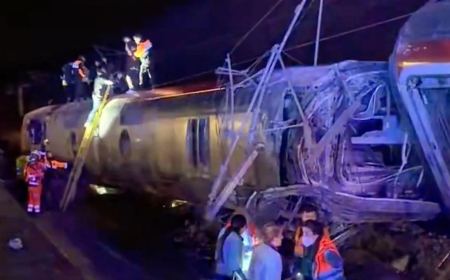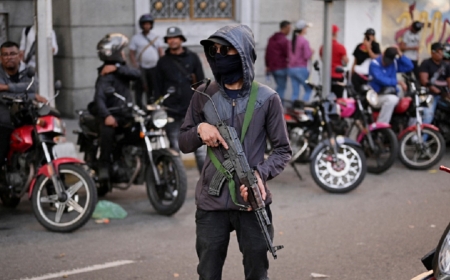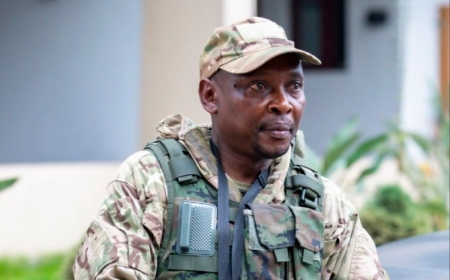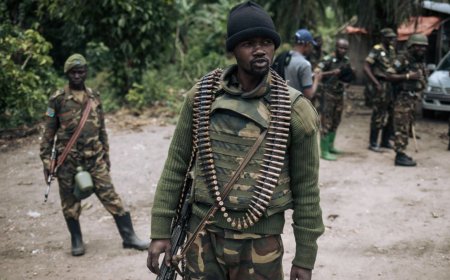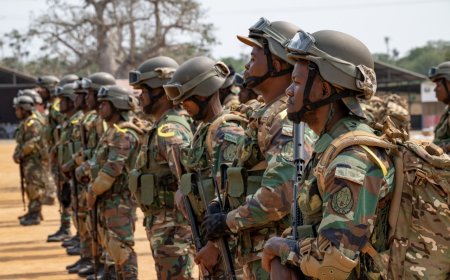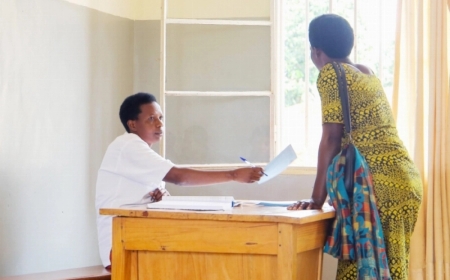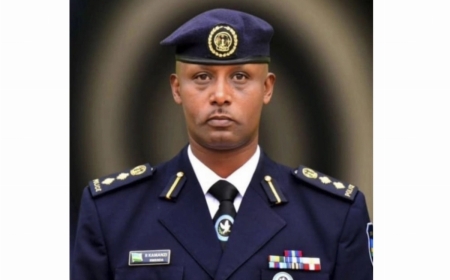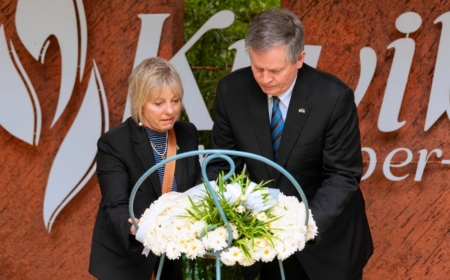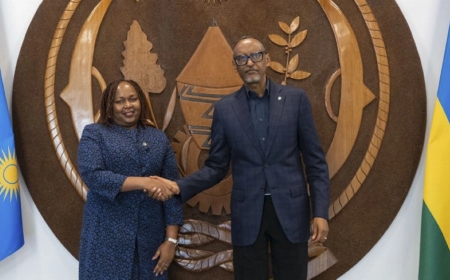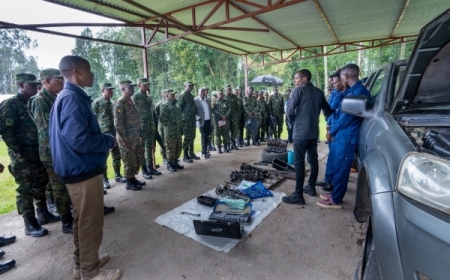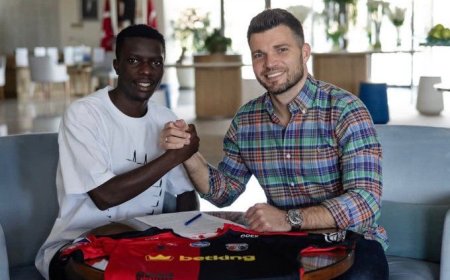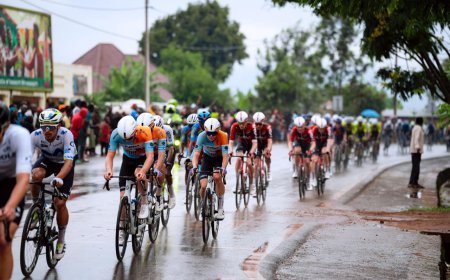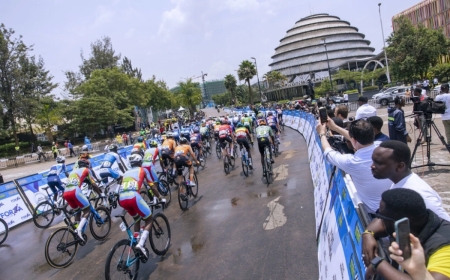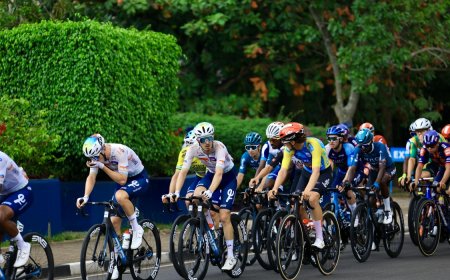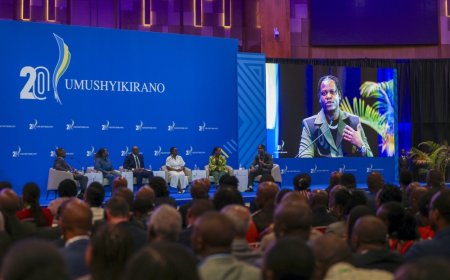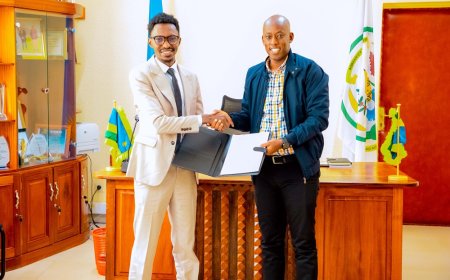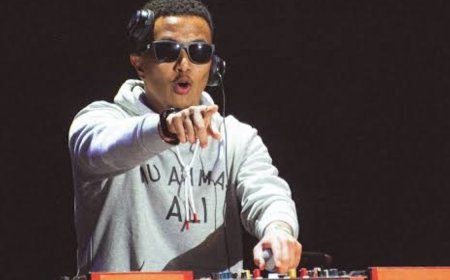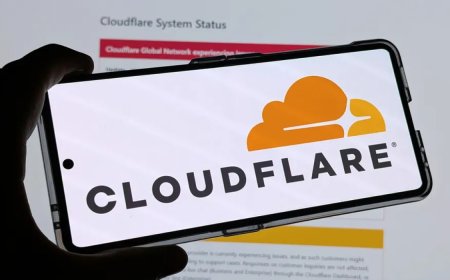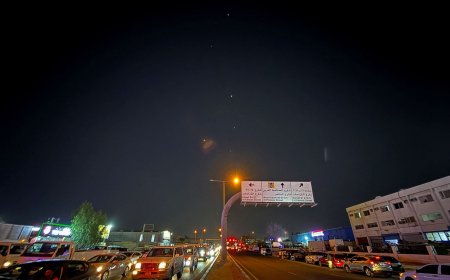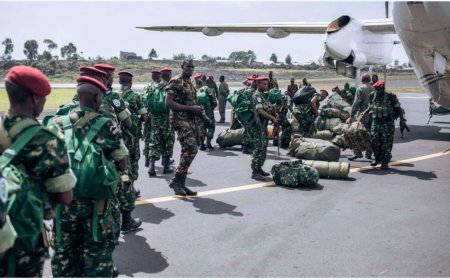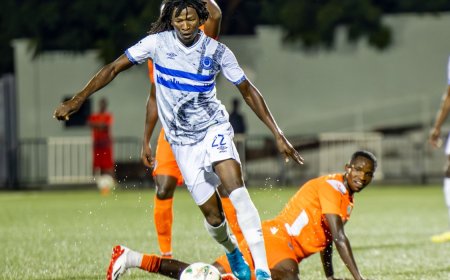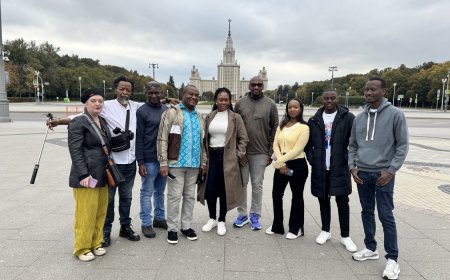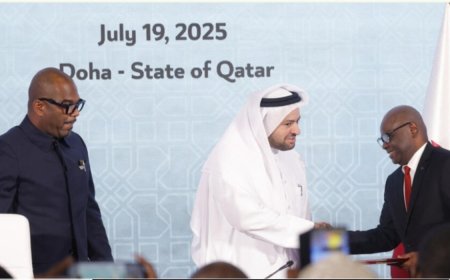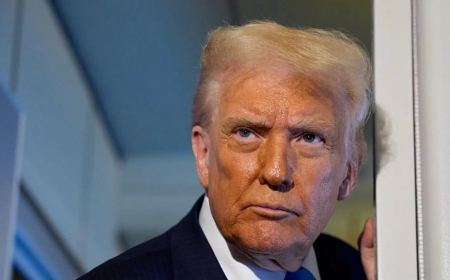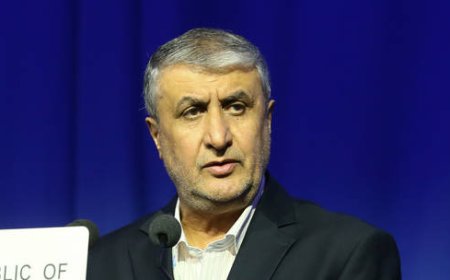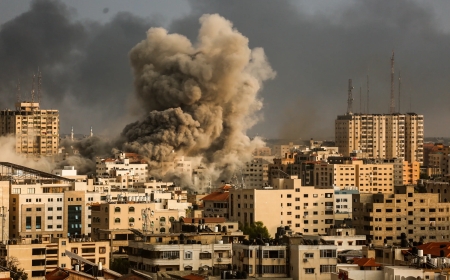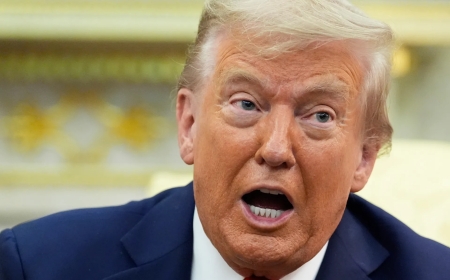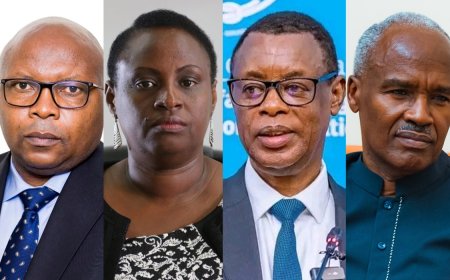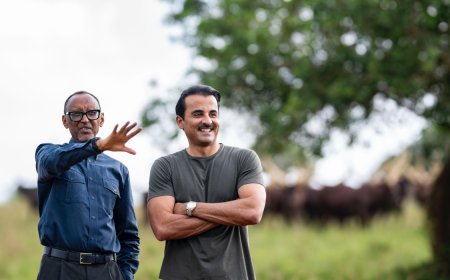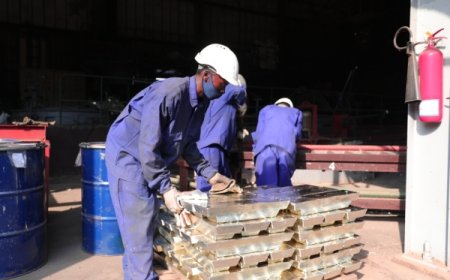YouTuber Theoneste Nsengimana conspiracy trial postponed
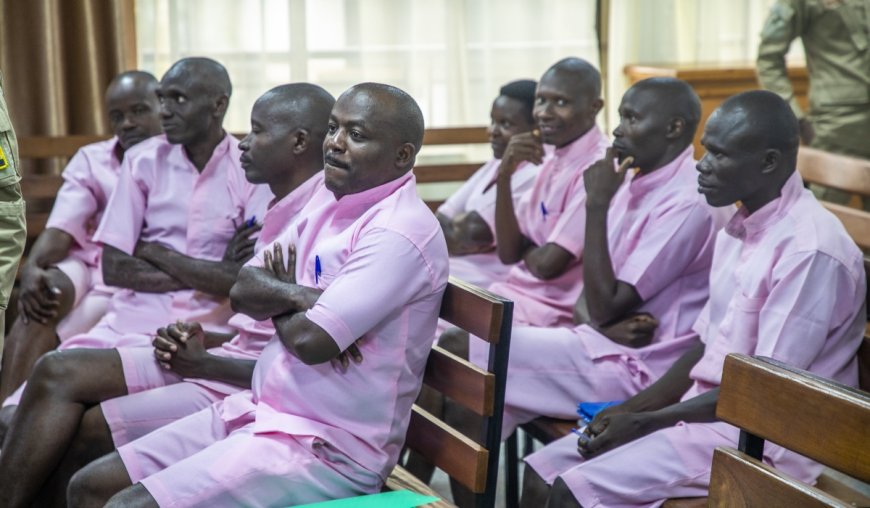
The High Court has adjourned the conspiracy trial involving Theoneste Nsengimana, founder of Umubavu TV, and eight co-defendants to July 23, following a request by the prosecution.
The trial was initially set to resume on July 7.
Nsengimana, along with co-accused Sylvain Sibomana, Alex Rucubangana, Hamad Hagengimana, Jean-Claude Ndayishimiye, and others, faces charges of forming a criminal association and conspiring to commit offences against the government or the President.
On June 17, the court summoned former convict Victoire Ingabire Umuhoza to testify under Article 106 of the criminal procedure law, which allows courts to call co-offenders or accomplices not initially presented in court. The presiding judge explained that there were reasonable grounds to hear Ingabire’s testimony concerning the charges against the defendants.
The judge further invoked paragraph 4 of Article 106, stating that if current testimonies are insufficient but incriminating evidence exists, the prosecution is required to launch a formal investigation based on court proceedings.
The court directed that this investigation be conducted within two weeks from June 20.
Shortly after, Ingabire was arrested. Her bail hearing is set for July 8 at Kicukiro Primary Court.
Nsengimana and his co-accused were first arrested in 2021, with the substantive trial beginning on December 17, 2024.
In earlier sessions, the prosecution presented detailed allegations, including audio recordings of meetings purportedly held by the accused.
A key point raised was the alleged use of Blueprint for Revolution, a manual by Serbian activist Srdja Popovic outlining non-violent resistance strategies. Prosecutors claim the group used an English learning club as a cover for underground organising.
During one hearing, an audio recording played in court, lasting over an hour, allegedly captured the accused discussing methods to avoid detection and strategies to mobilise vulnerable or discontented groups, such as street vendors or people with land disputes.
